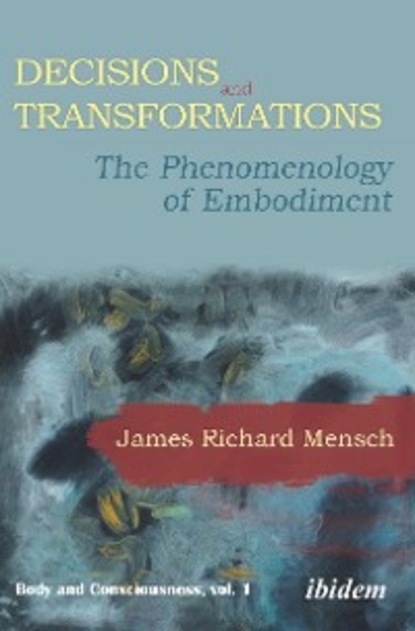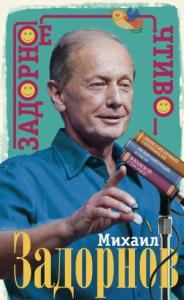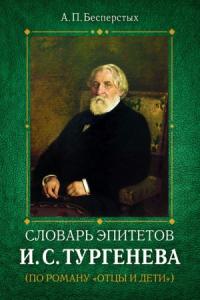
Decisions and Transformations скачать fb2
James Richard Mensch - Decisions and Transformations краткое содержание
To say that we are embodied subjects is to affirm that we are both extended and conscious: both a part of the material world and a place where that world comes to presence. The ambiguity inherent in our being both can be put in terms of a double “being in.” Thus, while it is true that the world is in consciousness taken as a place of appearing, it is equally true that, taken as embodied, consciousness is in the world. How can our selfhood support both descriptions? Starting with Husserl’s late manuscripts on birth and death, James Mensch traces out the effects of this paradox on phenomenology. What does it mean to consider the self as determined by its embodiment? How does this affect our social and political relations, including those marked by violence? How does our embodiment affect our sense of transcendence, including that of the divine? In the course of these inquiries, such questions are shown to transform the very sense of phenomenology.
Скачать книгу «Decisions and Transformations» James Richard Mensch
Чтобы оставить свою оценку и/или комментарий, Вам нужно войти под своей учетной записью или зарегистрироваться



